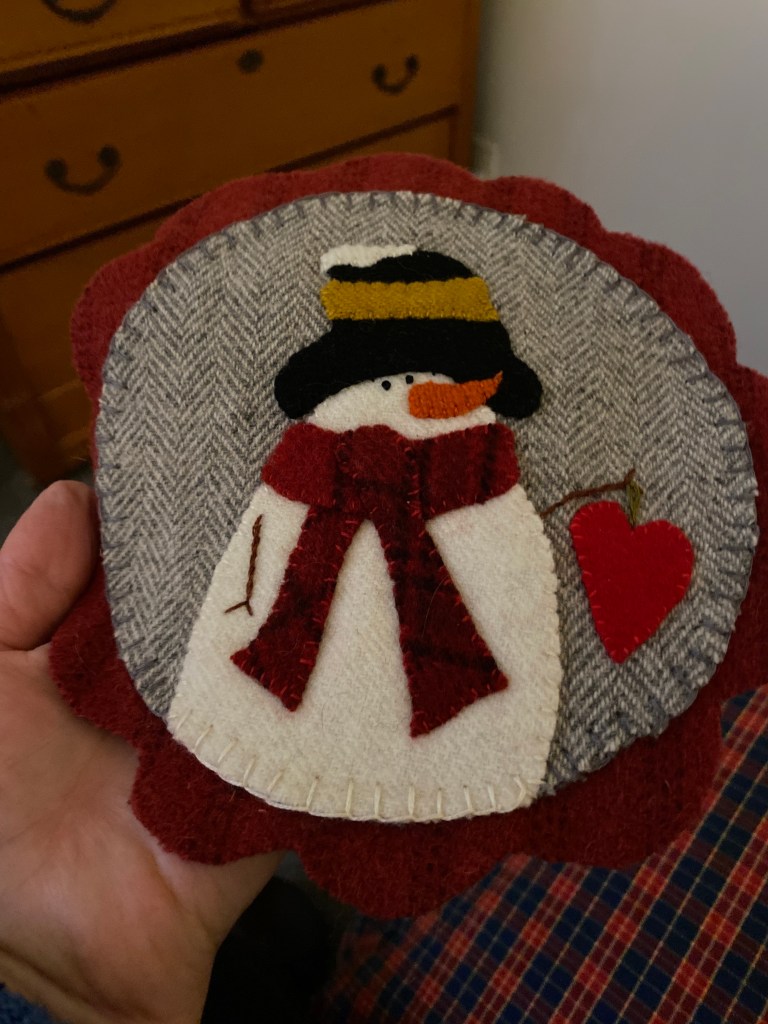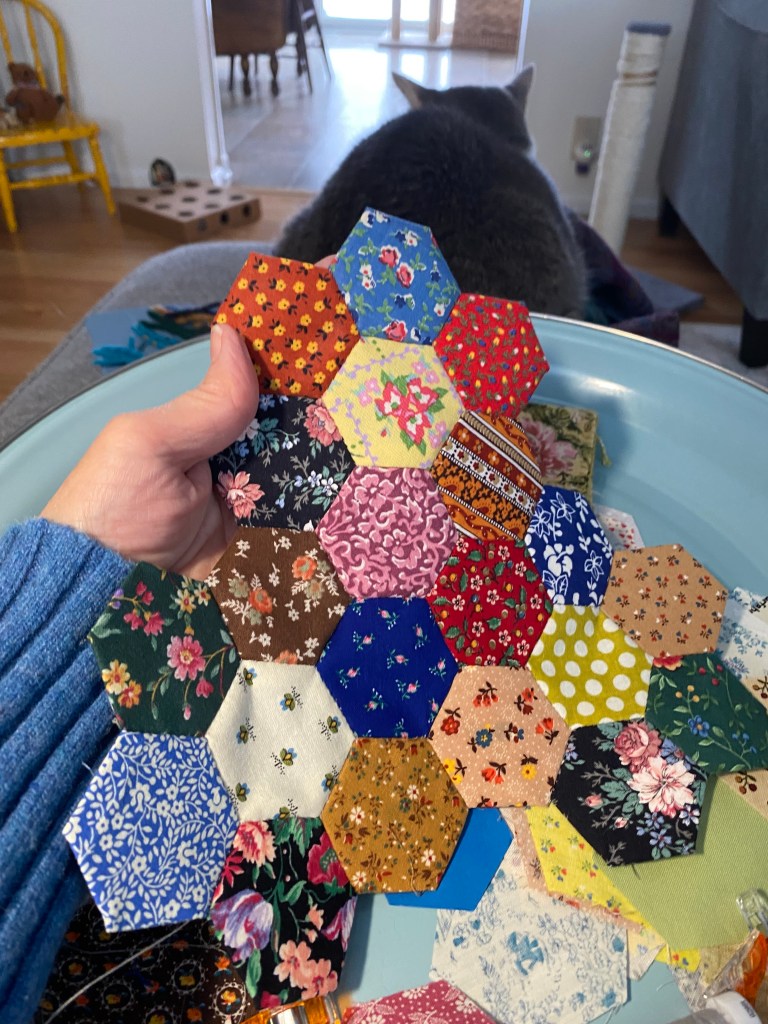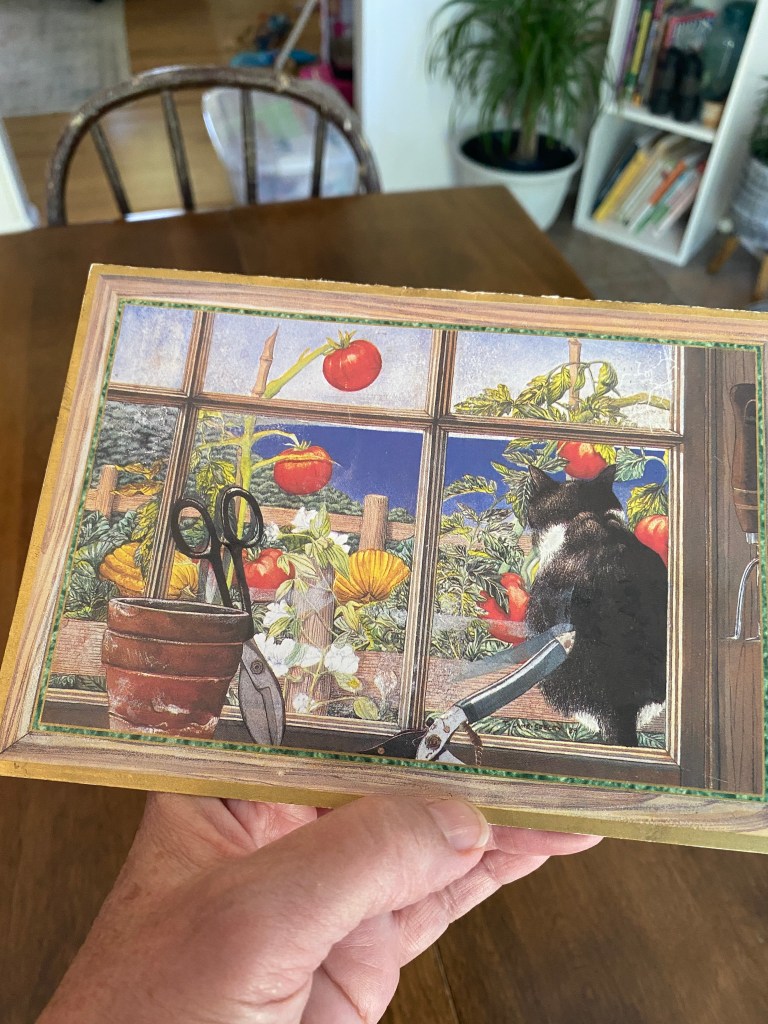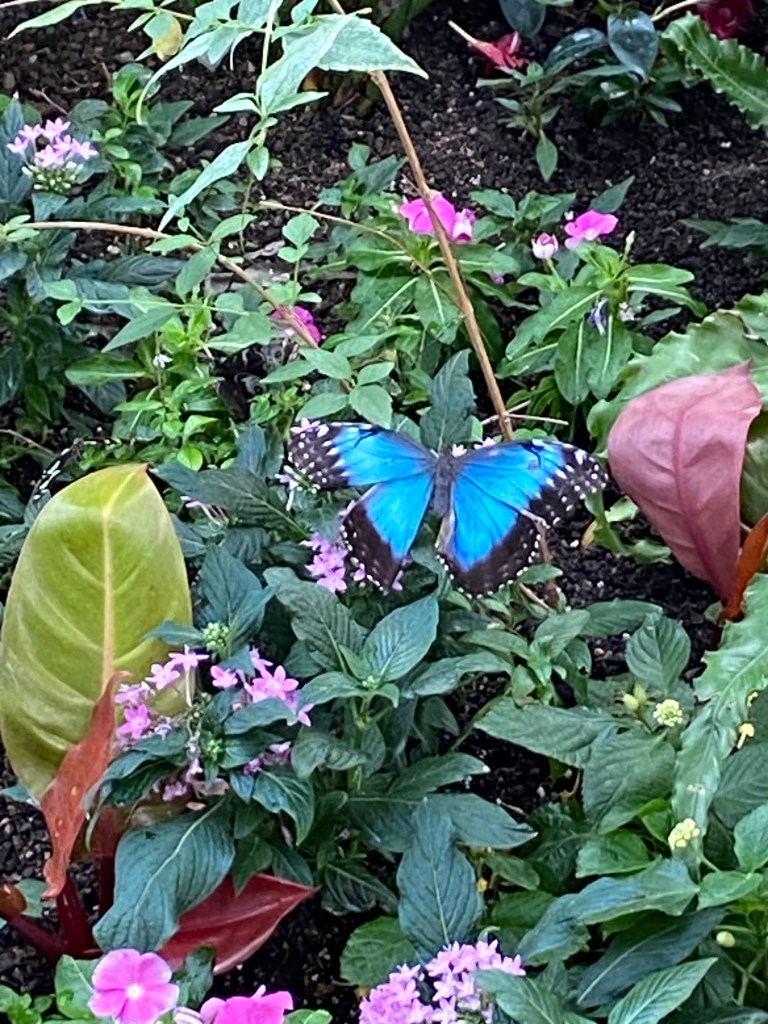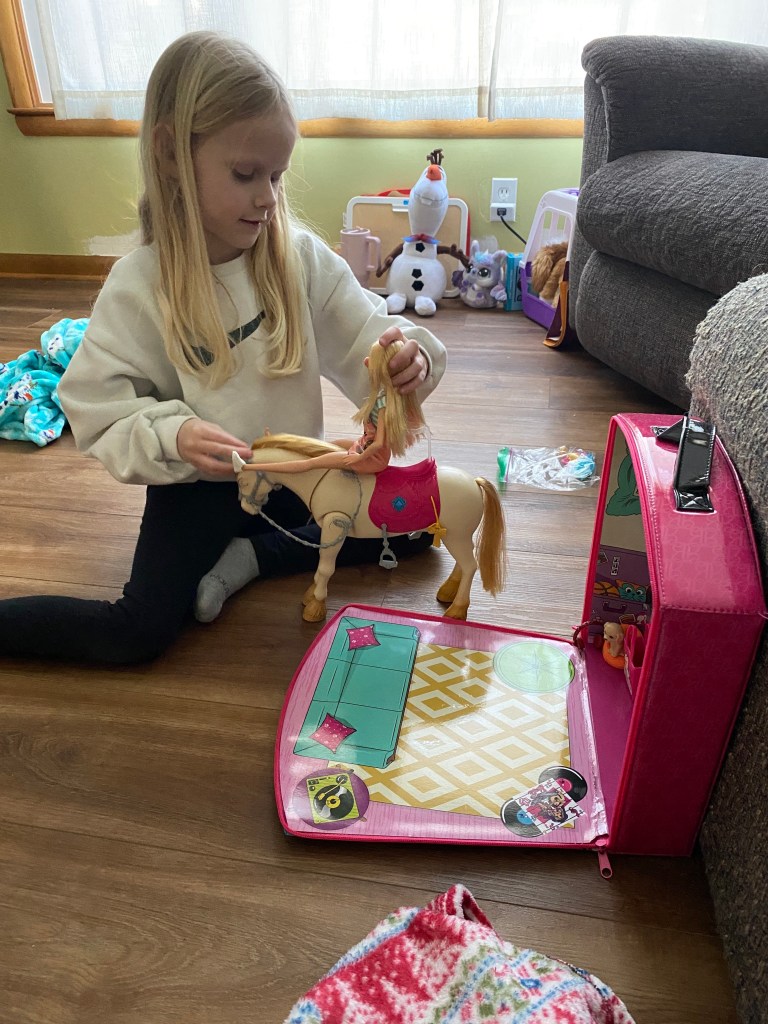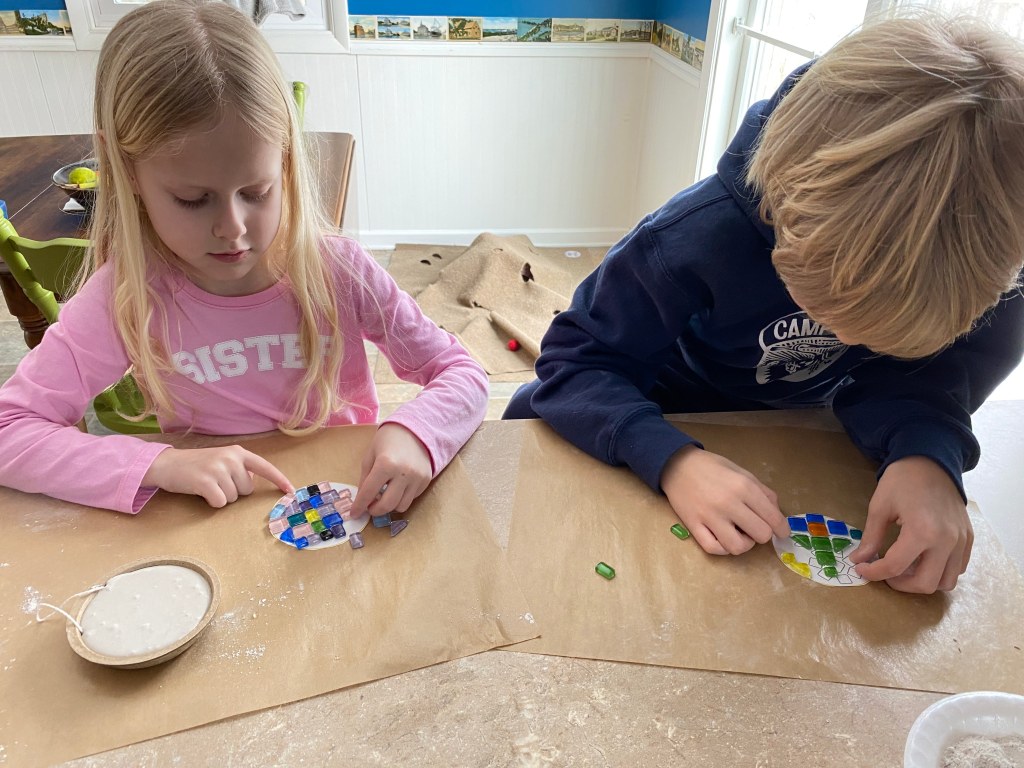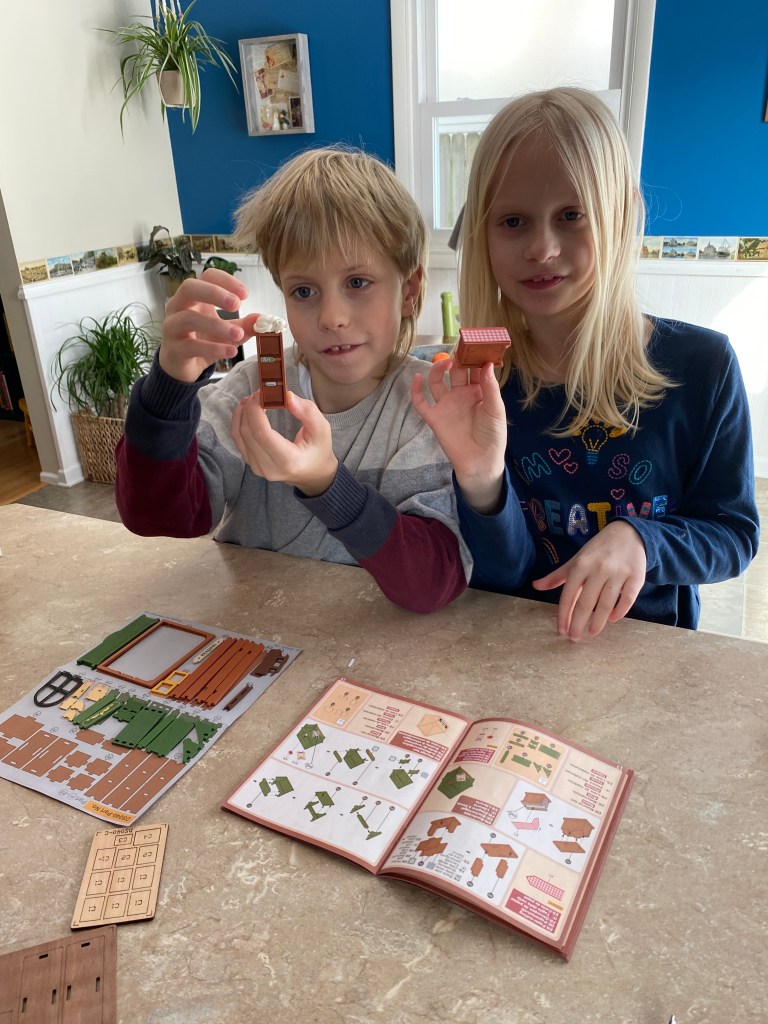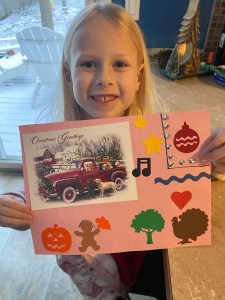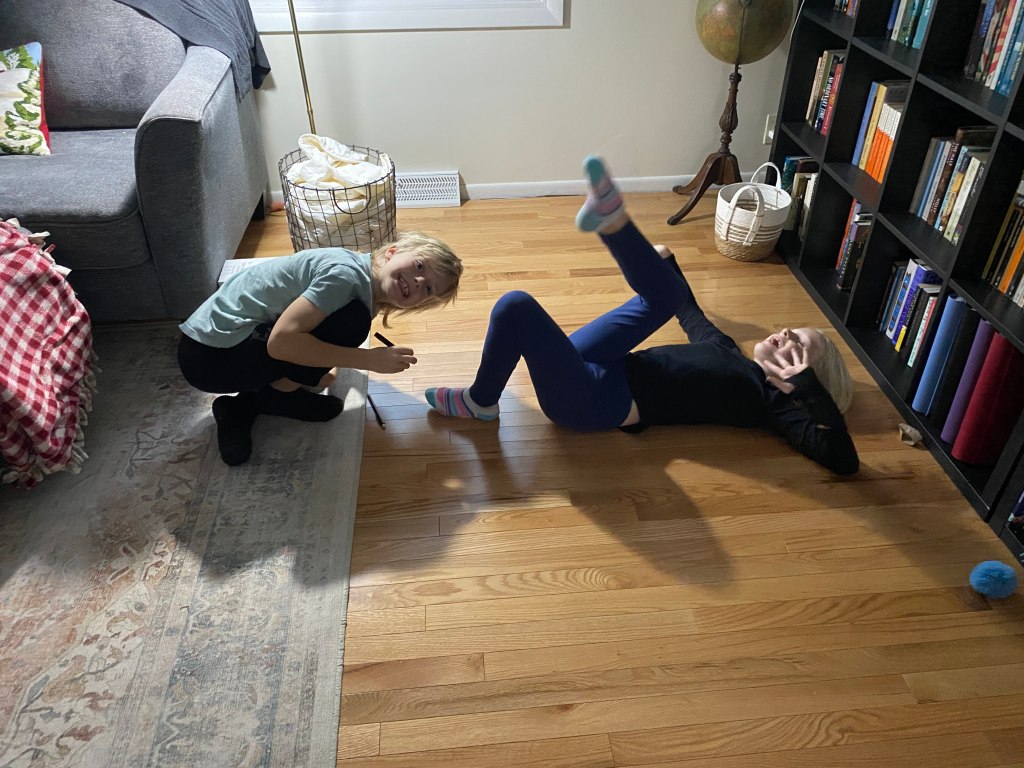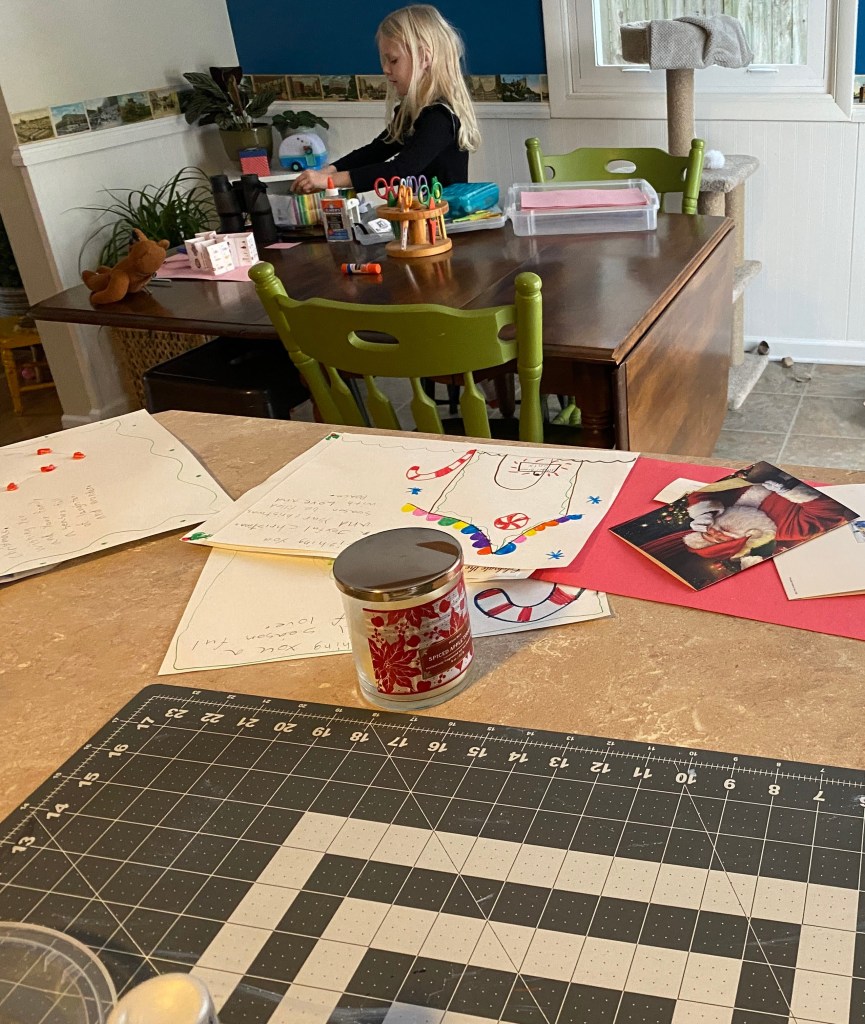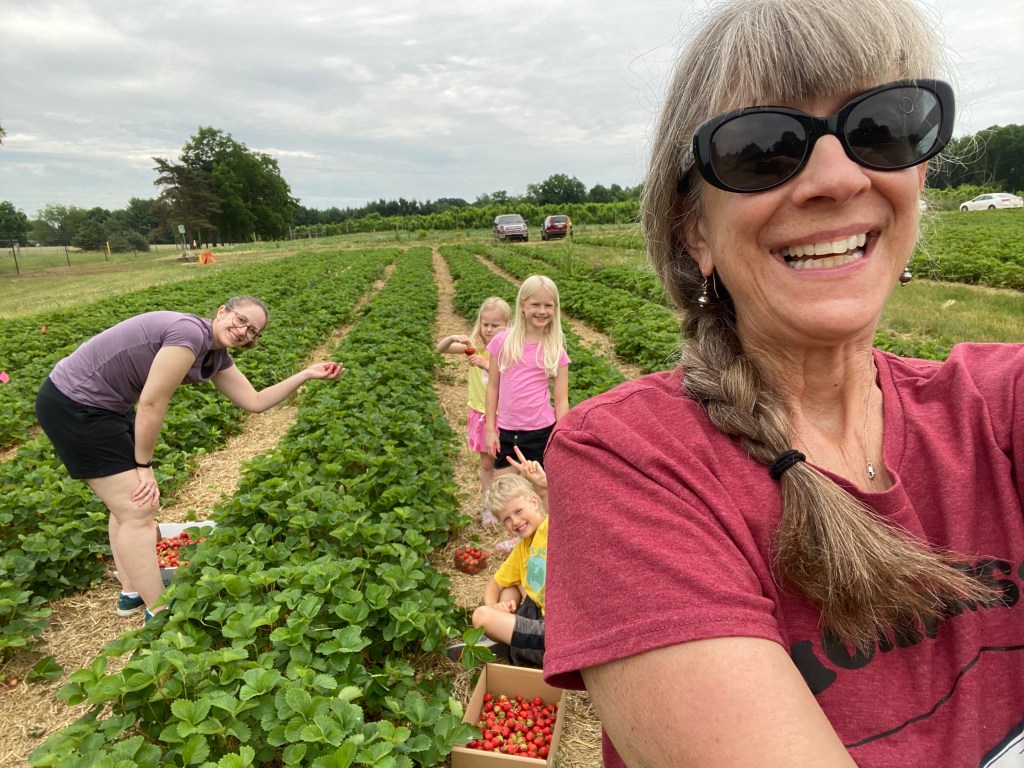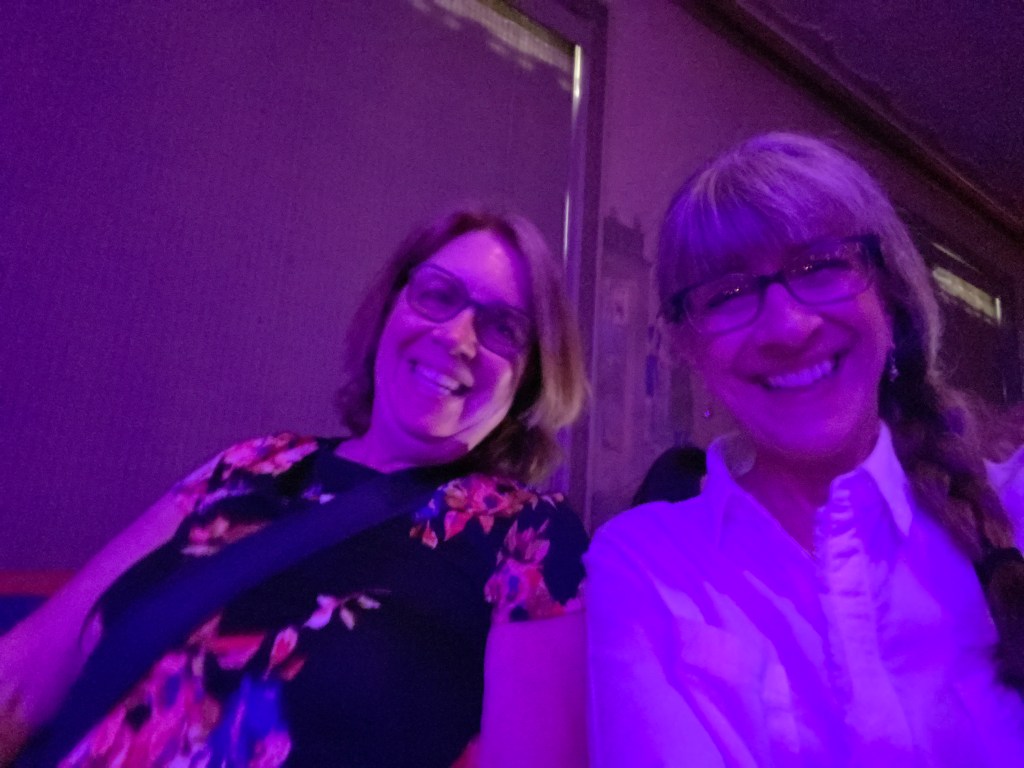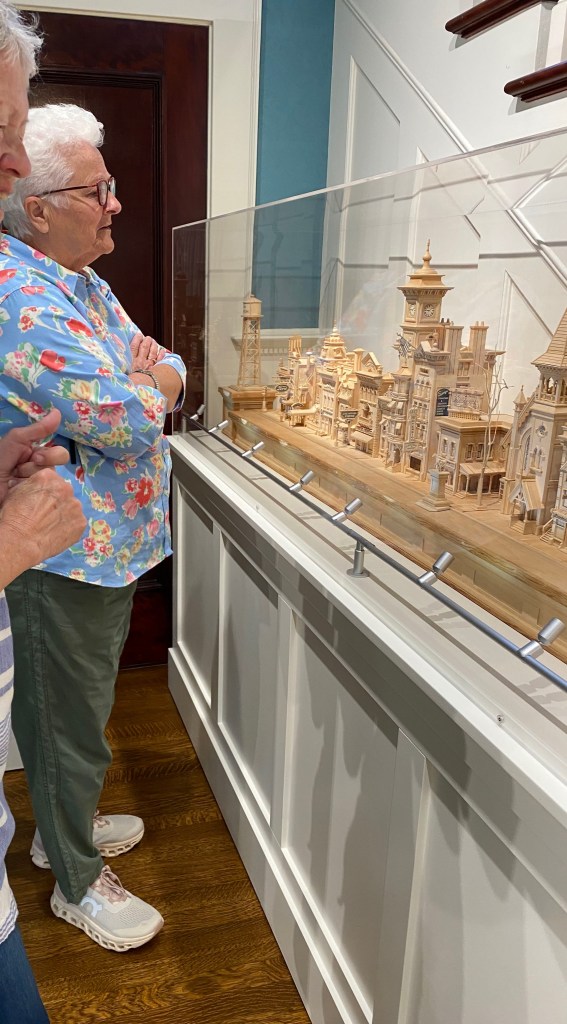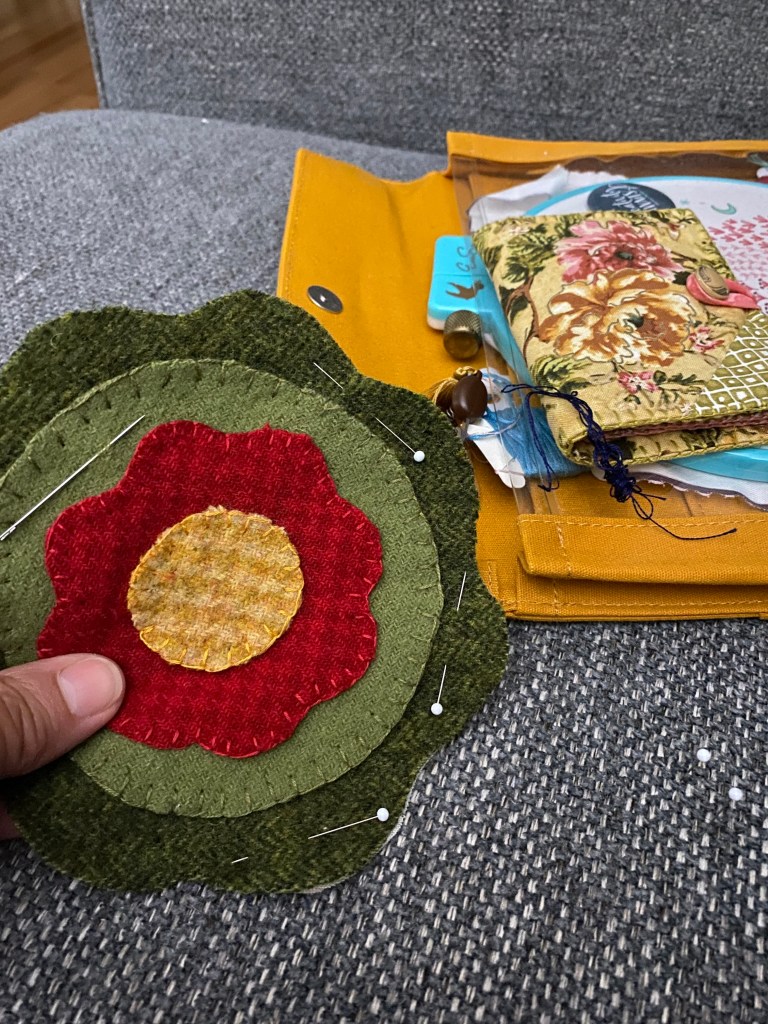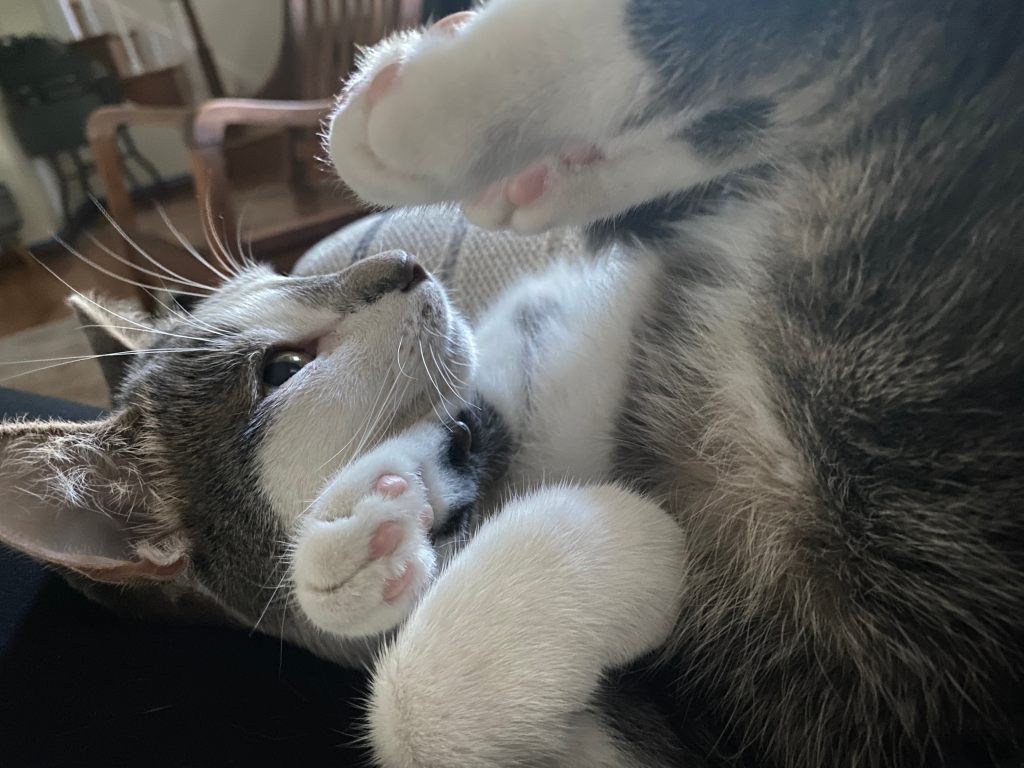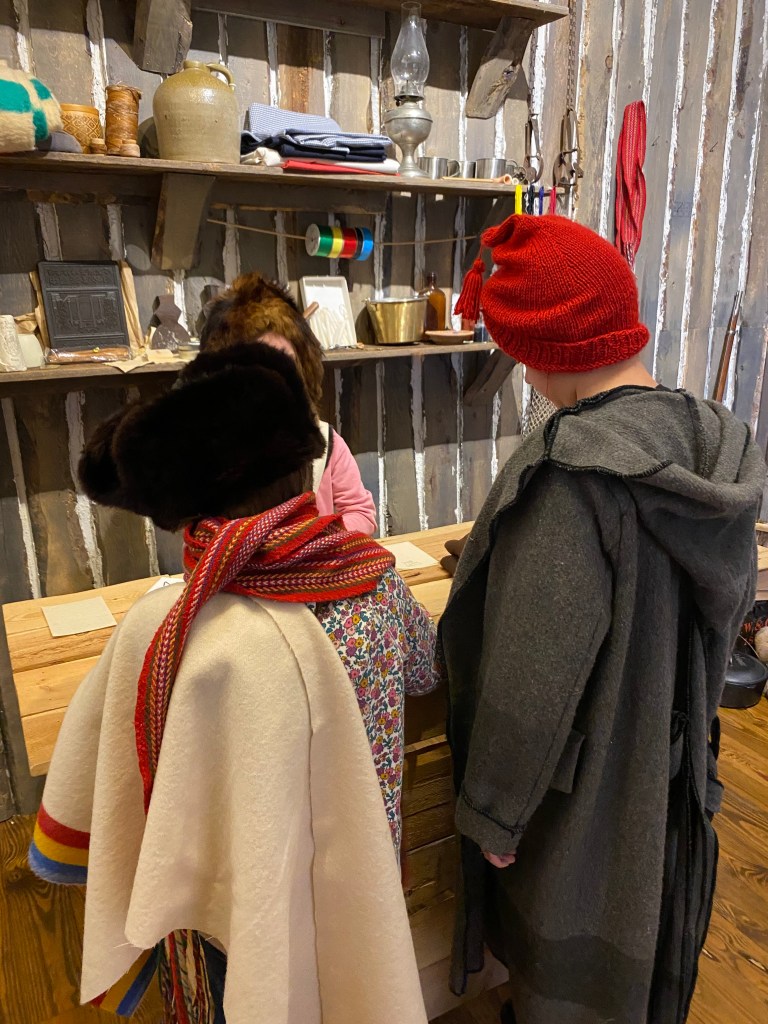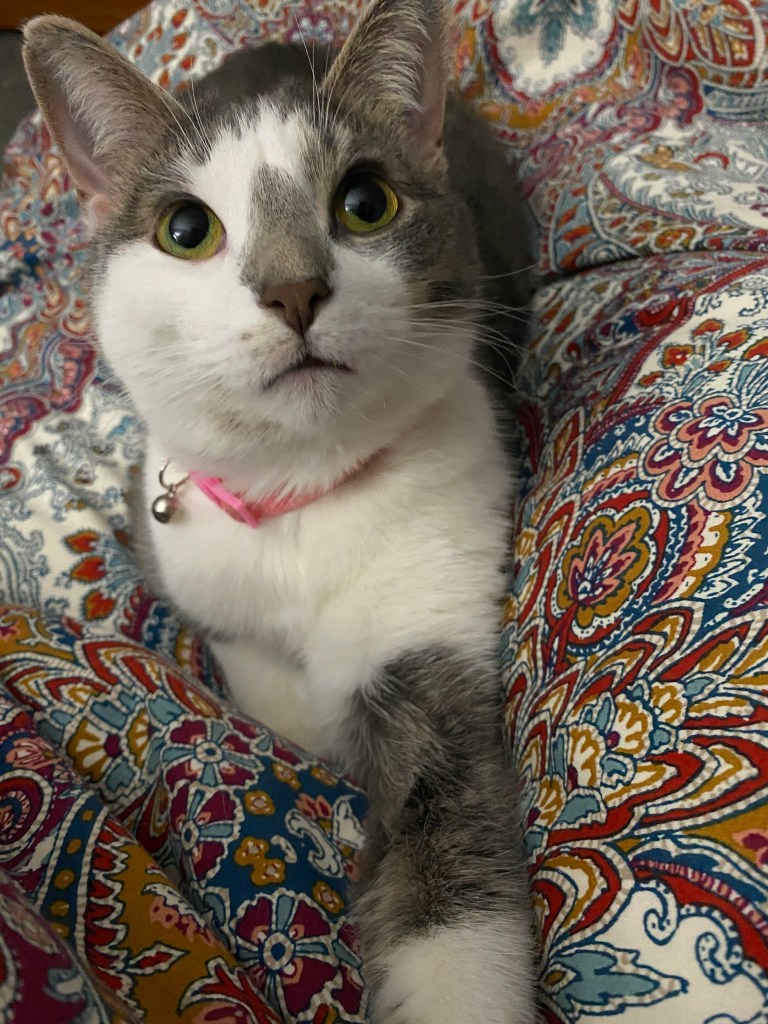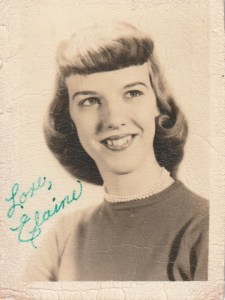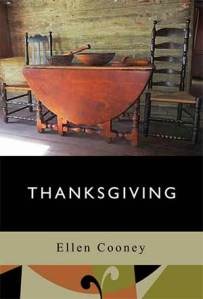
My Christmas gift to myself this year was a pair of shelves I bought on Etsy, beautiful reclaimed wood with hand-forged brackets. I’d wait, I thought, for my son to hang them when he visited this summer, so after I unboxed them, they sat stacked against the wall. Waiting.
But then I got to thinking. Could I put them up myself?
As basic as it might seem, I’d never installed wall anchors. I couldn’t imagine how those hollow plastic screws would ever get through the plasterboard. I doubted I could do it. But there’s YouTube, after all. And that’s where I learned about the pilot hole, a small, pre-drilled hole that guides a wall anchor and makes it easier to tap in. (And two mangled wall anchors later, I also learned that the instructions to tap the wall anchors should be taken literally!)
And just like that, with the help of a level and trusty Black & Decker drill, the shelves were up. Then I used pilot hole magic again to secure the bottom of the shelf to the brackets. After a few years on my own, another “first” to celebrate.
And now I can’t stop thinking about pilot holes. Or rather, I can’t stop thinking of pilot holes as metaphor–how so many people, places, and things ease our way through life.
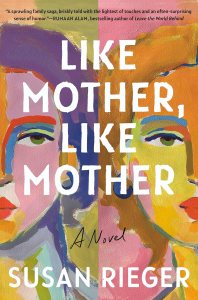
My mom, for sure. Not necessarily the way she moved through the world–we were very different people and often at odds–but her values and strong moral compass ran deep, easing my way. When she was alive, I thought we were nothing alike. But in her death, I realized how much we shared. She was my pilot hole.
Books, of course. At the risk of sounding blasphemous, I’m pretty sure I’ve found as much Truth-with-a-capital-T from fiction as I’ve learned in holy books. I’ve gotten a glimpse into the lives of thousands and thousands of people–I’ve watched as they maneuvered through grief and poverty and parenting and dashed dreams. Same as me. Books may not be real, but they, too, ease my way.
Speaking of.
Like Mother, Like Mother by Susan Rieger is a painful study of the distance and disdain that sometimes separates mothers and daughters. The legendary Lila Pereira, editor of the Washington Globe, is a dynamo. There isn’t a Washington pundit or politician she doesn’t know or hasn’t interviewed. She broke important stories. And to do so, she all but abandons parenting to her husband, Joe. Daughter Grace, also a writer, publishes a fictionalized tell-all of her childhood, and it isn’t pretty. The novel only increases the distance between the two, but Grace is certain her life is nothing like her mother’s. She sets aside marriage and children for her career and vows not to repeat Lila’s mistakes. Or does she? Lila leaves Grace a letter, opened after her death, that sets Grace on a search that finally offers insight into her mother’s choices–and Grace a way to heal.
There can be such delight in seeing each moment as a pilot hole for the next. Every memory I make with my grand kids makes days alone easier. Every stitch I take eases whatever weight I’ve been carrying. And every next “first” lets me know with even greater certainty that I am moving forward.

